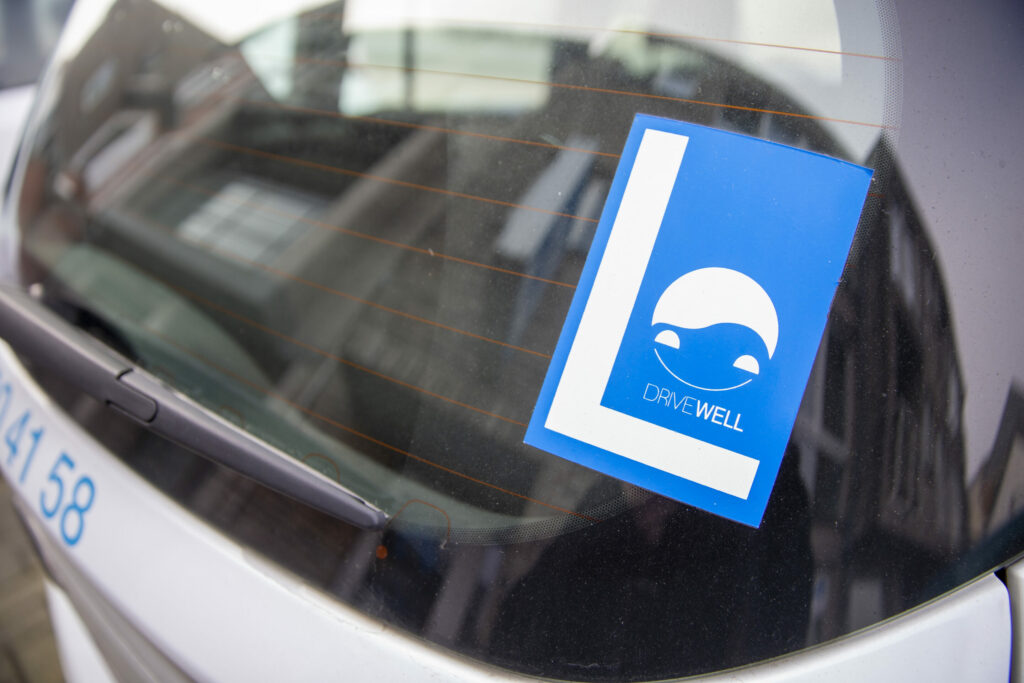Half of drivers fail both the theoretical and practical driving tests on their first attempt in Belgium. Women generally tend to perform better than men.
Belgium is one of the most difficult countries in the world in which to obtain a driver's licence, according to a study by online driver education platform Zutobi. This is reflected in the passing rates for both the theoretical exam (which is the first step in getting a driving licence in Belgium and can be taken from the age of 17 at an official exam centre) and the practical exam.
Only 53% of candidates pass their first try at the theoretical driving exam, according to data requested by Flemish MP Sofie Mertens (CD&V). This rate drops to 52% on their second attempt. The largest group of candidates for the theory test are young people aged 17 to 25, with 56% of them passing on their first try, outperforming any other age group.
Women generally also perform slightly better than men: 55% of women pass on their first try compared to 50% of men.
New rules dictate that candidates who fail this initial test twice must attend theoretical lessons at a driving school. However, even with these lessons, 60% still fail on their third attempt.
Practical exam even more challenging
The practical driving test also poses a challenge for many. Only 47% pass on their first attempt. Only after a third attempt does the pass rate rise above 60%. Age remains a determining factor, with 17- to 25-year-olds having a 49% success rate on their first try and a 57% success rate on their second.
Mertens questions the current approach. "The exams are meant to ensure everyone can drive safely. We must not compromise on traffic safety," she said.
"However, the pass rates remain low. When mandatory theoretical lessons at driving schools do not improve the pass rate for the theory exam, we must critically examine the training provided."

